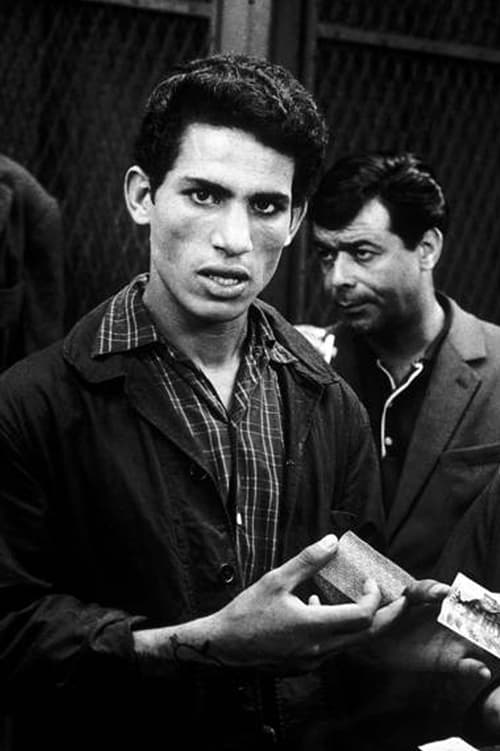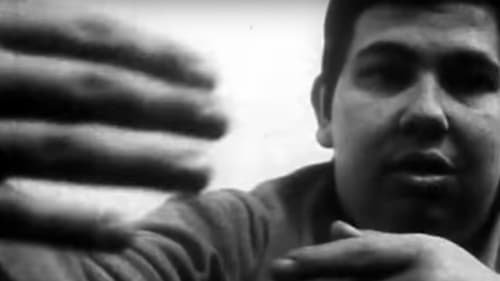Patrol in the East (1971)
Жанр : военный, драма
Время выполнения : 1Ч 55М
Директор : Amar Laskri
Краткое содержание
A patrol of the National Liberation Army must convoy a French soldier taken prisoner to the Tunisian border.
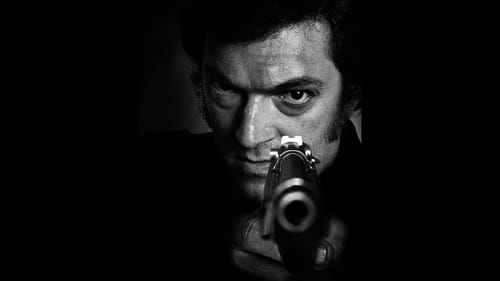
Первая часть истории Жака Мерина, знаменитого французского гангстера, который в 70-е годы был настоящим врагом государства № 1. В течение почти двух десятков лет Жак Мерин, выходец из благополучной буржуазной семьи, организовывал и принимал участие в многочисленных вооруженных налетах на французские банки с редкими перерывами на тюремные отсидки, пока, наконец, не был схвачен канадской полицией во время очередного ограбления.
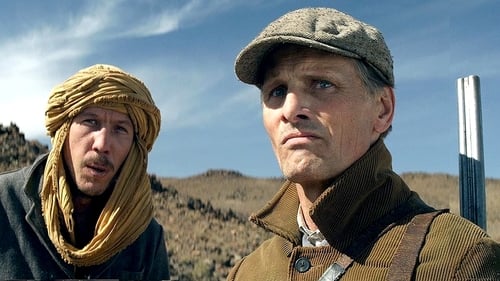
Во время Алжирской войны отдается приказ выдать властям учителя французского в маленькой алжирской деревушке, заключившего невообразимое соглашение с диссидентом.
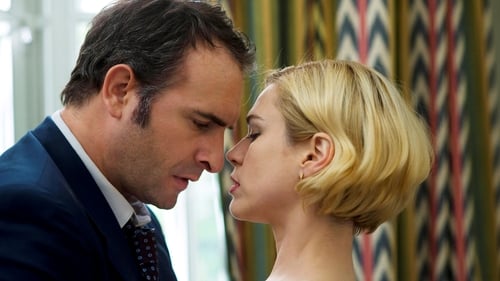
Марк с семьей живет на юге Франции и работает агентом по недвижимости. Он прекрасный муж и заботливый отец. Но жизнь иногда вносит свои перемены, и однажды, он встречает женщину, лицо которой удивительным образом напоминает ему Кати — его первую любовь, с которой он познакомился еще в детском возрасте, когда его семья жила в Алжире. Когда девушка таинственно исчезает, Марка охватывают сомнения: та ли это Кати, разбившая столько лет назад его сердце? И герой начинает свое собственное расследование.
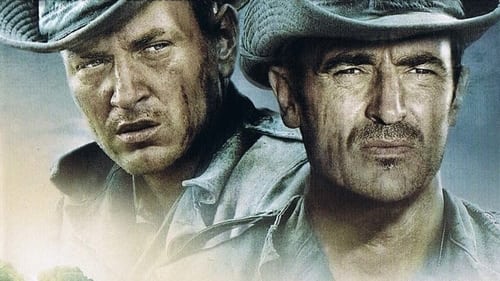
Действие разворачивается в 1959 году. Вот уже на протяжении 5-ти лет в Алжире идёт война, которая получила название «умиротворение территорий». Командование подразделением французской армии принимает молодой, подчинённый идеалам лейтенант Террьен, моральной опорой которого становится сержант Дуньяк. Он помогает Террьену понять истинные реалии войны. В свою очередь лейтенант внимательно прислушивается к наставлениям сержанта. Однако кампания приобретает всё более неблагоприятный оборот, а отношения сержанта с лейтенантом становятся всё враждебнее...

Parisian authorities clash with the Front de Libération Nationale (FLN) in director Alain Tasma’s recounting of one of the darkest moments of the Algerian War of Independence. As the war wound to a close and violence persisted in the streets of Paris, the FLN and its supporters adopted the tactic of murdering French policemen in hopes of forcing a withdrawal. When French law enforcement retaliated by brutalizing Algerians and imposing a strict curfew, the FLN organizes a peaceful demonstration that drew over 11,000 supporters, resulting in an order from the Paris police chief to take brutal countermeasures. Told through the eyes of both French policemen as well as Algerian protestors, Tasma’s film attempts to get to the root of the tragedy by presenting both sides of the story.
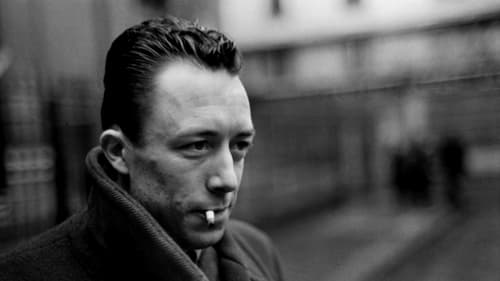
An account of the brief life of the writer Albert Camus (1913-1960), a Frenchman born in Algeria: his Spanish origin on the isle of Menorca, his childhood in Algiers, his literary career and his constant struggle against the pomposity of French bourgeois intellectuals, his communist commitment, his love for Spain and his opposition to the independence of Algeria, since it would cause the loss of his true home, his definitive estrangement.
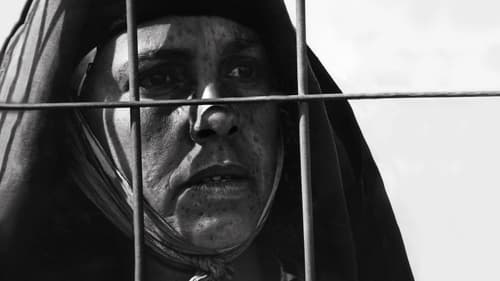
This black-and-white film – the first road movie of Algerian cinema – presents one of the most readily apparent, though subtle, transformations of the daily life of the people of Algeria brought about by the ordeal of French occupation and the war of liberation. With military repression in full force, a peasant woman finds herself alone in her house in the mountains when her only son is taken away by French soldiers soon after her husband is killed in a raid. One day, on seeing a dead chicken, which she considers a bad omen, she decides to leave home, and sets off on a tiring journey through the mountains. With a pair of chickens in tow, she moves from one detention camp to the next in a desperate search for her missing son. The film was inspired by events experienced by the family of its director.
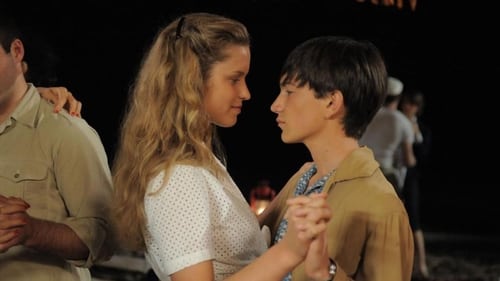
The writer Louis Gardel remembers his youth in Algeria. In 1955, Louis is 15 years old and lives with his grandmother Zoé. Zoé is friend with president Steiger, leader of the French settlers but also with the old Arab Bouarab. One night looking at the Bay of Algiers, Louis is convinced that the world in which he has grown will disappear. The first events of the War of Independence have begun. The young boys and young girls have a good time at the seaside: swimming, dancing, flirting. But, little by little, the war becomes part of their daily life.
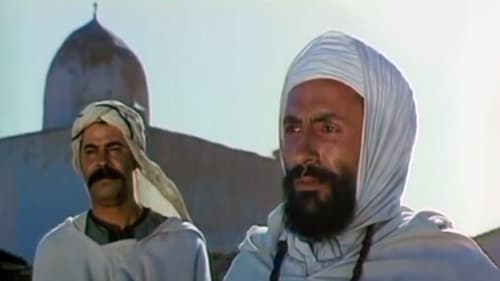
The story of the film revolves around the epic of Sheikh Bouamama, a leader of the national resistance in Algeria during the French colonial era. The events are taking place in southwestern Algeria. The film also tells about different stages of the resistance, especially about one of the uprisings of the Algerian people, namely "the battle of the sons of Sidi Sheikh Bouamama", in which French General Leuti was appointed to try to suppress and end this resistance.
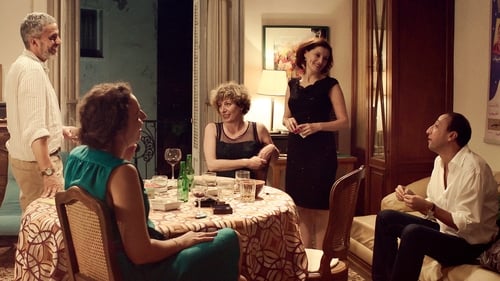
Algiers, a few years after the civil war. Amal and Samir have decided to celebrate their twentieth wedding anniversary in a restaurant. While on their way, their share their views on Algeria: Amal talks about lost illusions and Samir about the necessity to cope with them. At the same time, their son Fahim and his friends Feriel and Reda are wandering about in a hostile Algiers about to steal their youth.
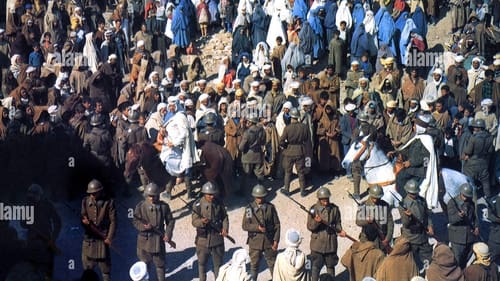
Фильм демонстрирует начало Войны за независимость Алжира глазами крестьянина.

A "Reformed Colonel" is found dead in Paris, a couple of decades after Algeria's struggle for independence was won from France. Lieutenant Galois is assigned the investigation of this murder. She receives the diary of Lieutenent Guy Rossi who served under The Colonel in Algeria in 1956, and has been reported as missing in action since 1957. The revelations found in Rossi's diary go far beyond The Colonel's actions in Algeria, and give an insight on how dirty Algeria's War for Independence really was.
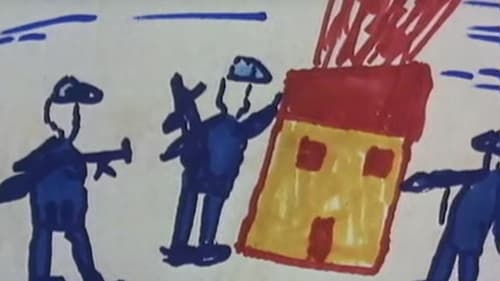
Algerian children, survivors of the war and refugeeing in Tunisian camps, recount the tragic events they have experienced, from drawings they have made themselves.

Directed by Mustapha Badie.

A patrol of the National Liberation Army must convoy a French soldier taken prisoner to the Tunisian border.
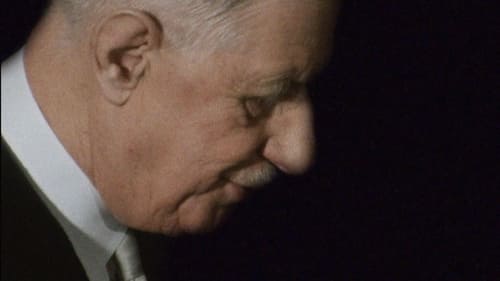
Charles de Gaulle, the first president (1958-1969) of the Vth Republic, France’s current system of government, left his mark on the country . He was statesman of action and has been compared to a monarch. This film depicts the general’s personality through the great events of his presidential term, at a time when the world was undergoing considerable changes.
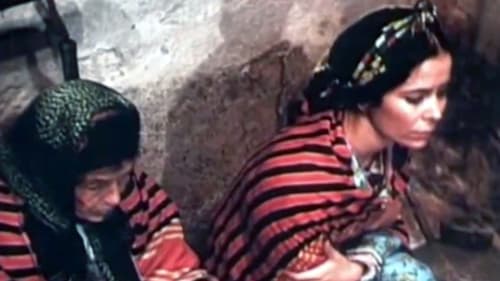
An Algerian doctor decides to leave the troubles in Algiers and goes back to his hometown, a small village lost in the mountains. There, however, the situation is explosive as well, as the guerilla is active and the French military has to keep a close watch on the locals...
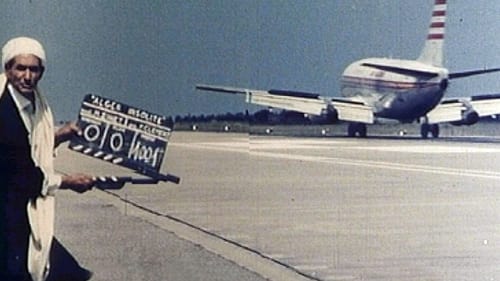
Originally commissioned by the city of Algiers to promote tourism, Mohamed Zinet’s Tahia ya Didou blends documentary with fiction to create a poetic, acerbic and rapturous portrait of the director’s native city. The camera travels freely, through the port, market, streets and cafés, capturing everyday people, some of whom recur frequently enough to seem like protagonists. The nominal plotline follows a French tourist couple’s leisurely visit to the city, the man having previously served in the army during the Algerian war. As they walk around, his comments betray his mindset’s racist colonial prejudices, while his wife reiterates asinine clichés. Their unhurried wandering is interrupted when he comes across a blind man and realises that he tortured him during his army service. The film is punctuated with punchy sequences that show a poet named Momo delivering verse as an elegy for Algiers.



